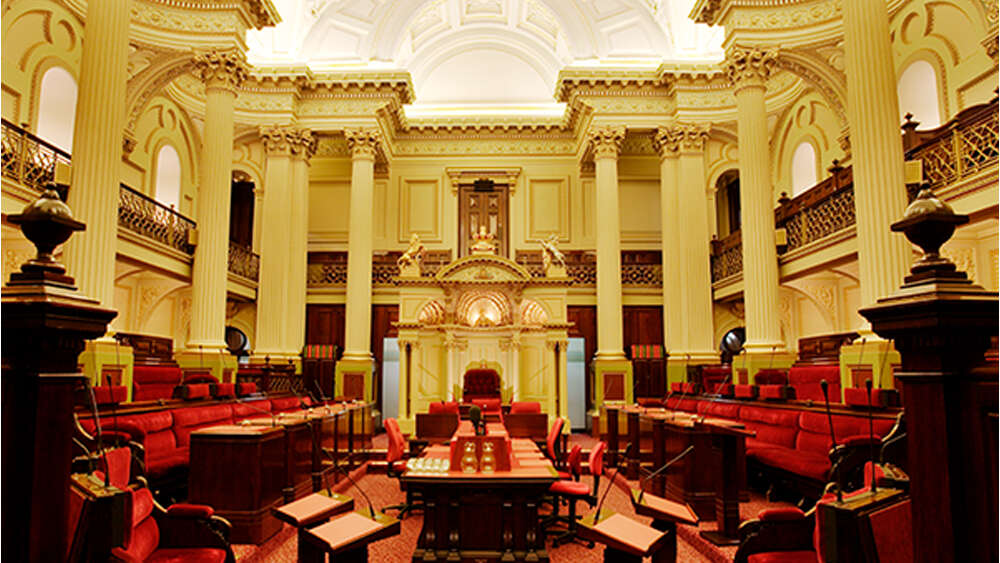A motion to remove the Lord’s Prayer from Victoria’s parliamentary sittings has been deflected, for now. The Daniels’ Labor government has announced that it will not support a motion by upper house MP Fiona Patten (from the Reason Party, formerly the Sex Party) to remove the prayer.
However, the leader of the Labor party in the Upper House indicated that if re-elected at the end of next year, a future Labor government would move to remove the prayer.
Attorney-General Jaclyn Symes was the only government MP to speak on the motion and confirmed Labor would “commit to workshopping a replacement model that is purpose fit for Victoria” if re-elected the Age reports.
The Liberal Party has supported the retention of the prayer.
The combination of Christians responses has been fascinating.
From the Uniting Church, Alistair Macrae was in favour of abolition. ”
“The prayer is part of my daily devotional life. It has shaped me immeasurably, both by its content and through the mysterious chemistry of the practice of prayer.
“I also think the Parliamentary practice is anachronistic and inappropriate in the current context. The Lord’s Prayer is not a generic prayer, it is a Christian prayer. Apparently, Jewish rabbis commonly taught their followers a particular way to pray. Jesus, himself a Jewish rabbi, likewise taught his close followers this distinctive prayer which, with an extraordinary economy of language (he had just warned his disciples against lengthy, public prayers intended to display piety), acknowledges God’s transcendence, prays that God’s will (for justice, peace, love) be done on earth as in heaven, acknowledges our creaturely dependence in the petition for provision for our basic needs (bread), prays for help to practice the giving and receiving of forgiveness; and asks for God’s help in times of trial and temptation.”
But it was not only progressives, who wanted to think about it. “If you think we should not remove the Lord’s Prayer from parliament, do you think we should introduce the Lord’s Supper?” asked one thoughtful FB contributor.
From those who want to keep the prayer, Kevin Donnelly mounted a diversity argument. “Largely ignored in the current debate about the place of the Lord’s Prayer is that both parliaments also include a Welcome to Country in acknowledgement that Aboriginal and Torres Strait Islander people lived on this land for thousands of years long before the arrival of the First Fleet in 1788, Donnelly wrote in the nine papers.
“Given the Victorian Parliament respects Aboriginal history, culture and spirituality, it’s only fair and reasonable the same privilege is granted to citizens whose ancestry can be traced to the United Kingdom, Ireland and Europe who have settled this land.”
Family Voice was one of a number of Christian groups that campaigned to keep the prayer. “The floor of Parliament’s foyer is embedded with Scripture – ‘Where no counsel is, the people fall: But in the multitude of counsellors, there is safety’ (Proverbs 11:14). Victoria’s prosperity and growth was built on a foundation of hard work, courage, and character – but also on faith.
“’Counsel’ refers to a helmsman or pilot – the steady hand guiding the Victorian ‘ship.’ Elected representatives were seen to epitomize admirable human qualities and wisdom, but to recognise a power greater than their own. This respect for a heavenly ‘Father’ (whom Christians know as Yahwey, or Jehovah) tempered, inspired and constrained their thoughts and decisions.
“The Lord’s Prayer is a recognition of a greater power: Almighty God, his goodness, and role as the source of provision, forgiveness, holiness and salvation.”
Email This Story
Why not send this to a friend?



